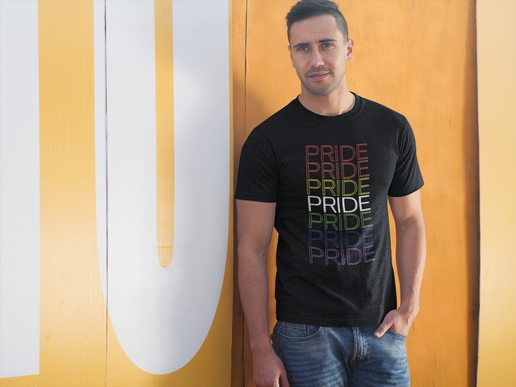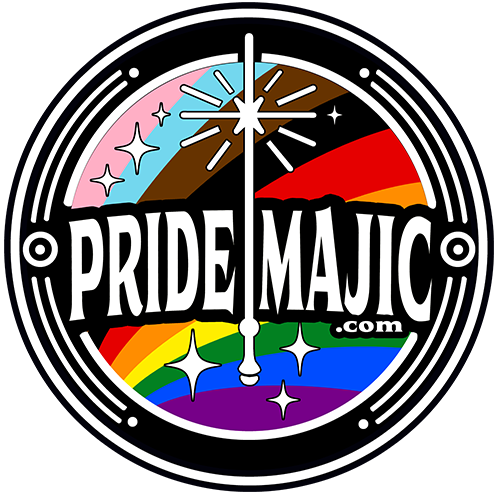While Target scales back Pride collections and DEI programs, Kohl’s continues to expand its workplace equality and community support.
Target vs. Kohl’s: A Tale of Two Retailers on LGBTQ+ Inclusion
Large retailers play a significant role in shaping consumer perception and community engagement, especially when it comes to issues of diversity, equity, and inclusion (DEI). In recent years, Target and Kohl’s—two major players in U.S. retail—have taken noticeably different paths in their relationship with the LGBTQ+ community.
Kohl’s: Consistent Commitment
Kohl’s has steadily built a reputation as an LGBTQ+-inclusive retailer, with efforts that extend beyond seasonal campaigns.
Workplace Equality
- Corporate Equality Index (CEI): For three consecutive years, Kohl’s has scored a perfect 100% on the Human Rights Campaign’s CEI, a widely recognized benchmark for LGBTQ+ workplace equality.
- Policies and Culture: This score reflects Kohl’s adoption of non-discrimination protections, equitable benefits for LGBTQ+ employees and their families, and a workplace culture designed to support inclusion.
Community Engagement
- The Trevor Project: Kohl’s has partnered with and donated to The Trevor Project, a nonprofit providing crisis counseling and suicide prevention services to LGBTQ+ youth.
- Pride Month Collections: Each year, the company releases Pride-themed merchandise, providing visibility while giving consumers options to celebrate the month.
- Diversity and Inclusion Year-Round: Beyond Pride Month, Kohl’s includes LGBTQ+ support in broader diversity and inclusion initiatives, with an emphasis on creating equity for employees, customers, and communities.
Kohl’s approach positions it as a retailer that integrates inclusion into both internal policies and external community engagement.
Target: From Leadership to Controversy
Target was once regarded as a leader in corporate allyship, but its handling of recent controversies has reshaped that image.
The 2023 Pride Backlash
- Pride Collection: Target’s 2023 Pride merchandise faced backlash, with misinformation spreading about certain products.
- Response: The retailer removed some items and moved Pride displays to less visible store areas, citing employee safety due to threats and confrontations.
- Community Reaction: While the move aimed to protect staff, it drew criticism from LGBTQ+ advocates who saw it as a retreat from inclusivity under pressure.
Scaling Back and DEI Changes
- Pride 2024: Following the backlash, Target reduced the size of its Pride collection, limiting it to about half of its U.S. stores.
- DEI Rollbacks: In January 2025, Target announced the end of several DEI programs, including its Racial Equity Action and Change (REACH) initiatives. The company also stopped participating in the Human Rights Campaign’s CEI survey, which had previously highlighted its inclusive practices.
- Loss of Partnerships: As a result, some organizations, such as Twin Cities Pride, ended long-standing partnerships with Target and rejected donations.
Corporate Challenges
Target has faced declining sales, investor lawsuits, and leadership changes amid these controversies, further complicating its efforts to balance inclusivity with business pressures.
Comparing the Two Approaches
The divergence between Kohl’s and Target reflects broader tensions in corporate America about how companies navigate inclusivity amid social and political pressures.
- Kohl’s has reinforced its inclusive image through consistent CEI performance, visible Pride initiatives, and charitable contributions. Its support is framed as part of long-term cultural and workplace strategies.
- Target, by contrast, has moved away from external accountability measures like the CEI and has scaled back visible LGBTQ+ initiatives following backlash. While citing safety and business concerns, these decisions have been perceived by some as a step back from its earlier commitments.
The Bottom Line
Both Kohl’s and Target remain influential retailers with significant consumer reach. Yet their recent actions highlight two different approaches to LGBTQ+ inclusion: Kohl’s leaning toward steady, policy-backed engagement, and Target adopting a more cautious stance after facing political and financial pushback.
For consumers, employees, and advocates, the contrast underscores the ongoing debate over how businesses balance inclusivity, brand reputation, and external pressures in a polarized climate. Which retailer will you choose to support?


